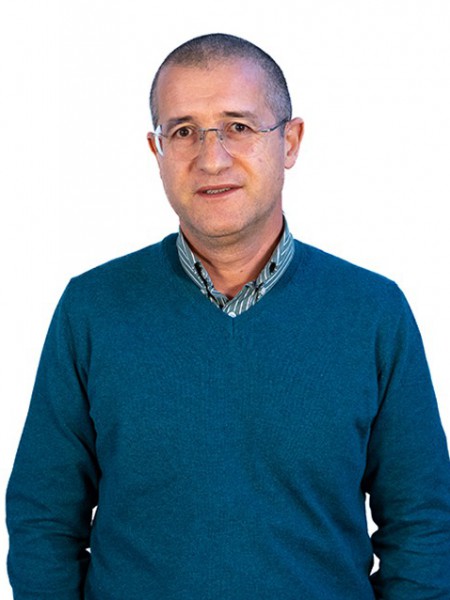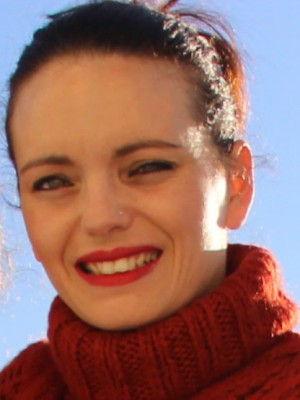resumo
The current interest of the scientific community for the exploitation of high-value compounds from macroalgae is related to the increasing knowledge of their biological activities and health benefits. Macroalgae phenolic compounds, particularly phlorotannins, have gained particular attention due to their specific bioactivities, including antioxidant, antiproliferative, or antidiabetic. Notwithstanding, the characterization of macroalgae phenolic compounds is a multi-step task, with high challenges associated with their isolation and characterization, due to the highly complex and polysaccharide-rich matrix of macroalgae. Therefore, this fraction is far from being fully explored. In fact, a critical revision of the extraction and characterization methodologies already used in the analysis of phenolic compounds from macroalgae is lacking in the literature, and it is of uttermost importance to compile validated methodologies and discourage misleading practices. The aim of this review is to discuss the state-of-the-art of phenolic compounds already identified in green, red, and brown macroalgae, reviewing their structural classification, as well as critically discussing extraction methodologies, chromatographic separation techniques, and the analytical strategies for their characterization, including information about structural identification techniques and key spectroscopic profiles. For the first time, mass spectrometry data of phlorotannins, a chemical family quite exclusive of macroalgae, is compiled and discussed.
palavras-chave
SUPERCRITICAL-FLUID EXTRACTION; EDIBLE BROWN ALGA; MICROWAVE-ASSISTED EXTRACTION; MOLECULAR-WEIGHT POLYPHLOROGLUCINOLS; PRESSURIZED LIQUID EXTRACTION; SEAWEED HIMANTHALIA-ELONGATA; DEEP EUTECTIC SOLVENTS; FUCUS-VESICULOSUS L; ASCOPHYLLUM-NODOSUM; ECKLONIA-CAVA
categoria
Biochemistry & Molecular Biology
autores
Santos, SAO; Felix, R; Pais, ACS; Rocha, SM; Silvestre, AJD
nossos autores
agradecimentos
This research was funded by FCT/MEC, which supported the QOPNA research Unit (FCT UID/QUI/00062/2019) and CICECO-Aveiro Institute of Materials (FCT Ref. UID/CTM/50011/2019), through national funds and where applicable co-financed by the FEDER, within the PT2020 Partnership Agreement; and by the AgroForWealth: Biorefining of agricultural and forest by-products and wastes: integrated strategic for valorisation of resources towards society wealth and sustainability project (CENTRO-01-0145-FEDER-000001), funded by Centro2020, through FEDER and PT2020 for the contract.




